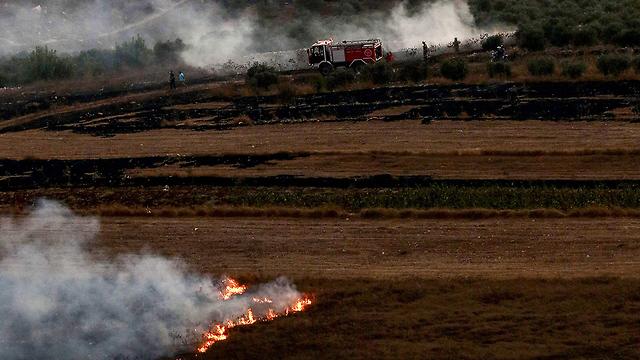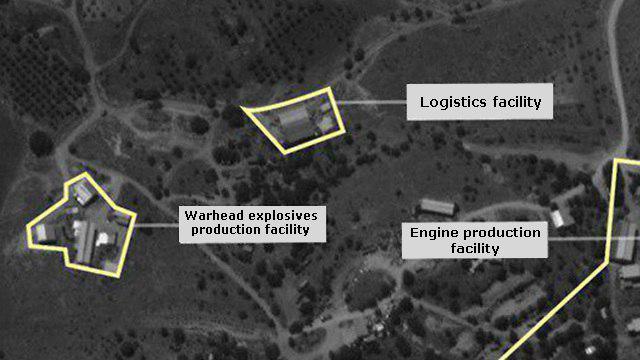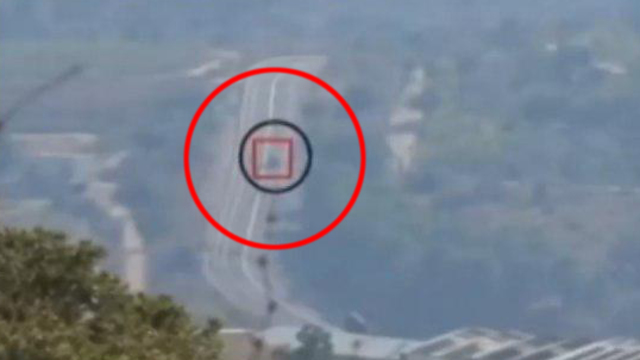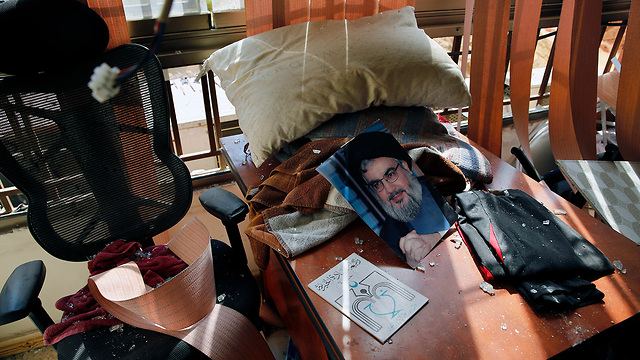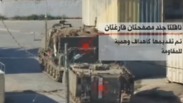
Israel offered Hezbollah an end to the recent escalation across the Lebanon border and a return to the UN resolution that halted hostilities after the 2006 Second Lebanon War, a Lebanese newspaper reported Wednesday, citing diplomatic sources in the country.
In exchange, the Al Liwaa daily said, Israel would commit to ending its strikes against Hezbollah operatives in Syria. Hezbollah reportedly rejected the Israeli offer.
According to the paper the Israeli offer was delivered by a Russian intermediary and included mediation efforts from France, Egypt and the United States.
The U.S. added its own warning to Lebanon of increased economic pressure should tensions escalate further.
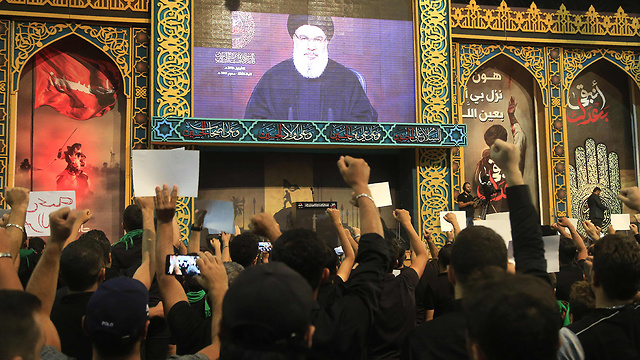
The Hezbollah attack on IDF targets on Sunday and the subsequent massive artillery bombardment from Israel was the fiercest exchange between the two since the 2006 Second Lebanon War.
While neither is keen to escalate, Israel has said it could act against any upgrades of Hezbollah's missile arsenal, while Hezbollah has said it would retaliate for attacks on Lebanese soil.
Israel accused Hezbollah on Tuesday of setting up a factory for precision-guided missiles in Lebanon's Bekaa Valley, in a veiled warning of further possible Israeli counter-strikes after an alleged IDF drone attack near Beirut set off the brief cross-border fighting.
In a statement to media accompanied by satellite images, the IDF said that Hezbollah, with Iranian assistance, had been bringing specialised equipment to a weapons factory near the Bekaa village of al-Nabi Sheet with a view to setting up a production line for precision-guidance missiles.
Hezbollah recently moved some of the equipment to "civilian locations" in Beirut as a precaution against strikes, the IDF statement said, alluding to tensions that surged after the Aug. 25 drone incident in Beirut's suburbs.
There was no immediate comment from Hezbollah, which has denied having precision-guided missile production sites in Lebanon. But it says it possess such weapons, which could be used to home in on and knock out key Israeli infrastructure.
In an Aug. 31 speech, Hezbollah leader Hassan Nasrallah accused Israel of using the movement's capability with precision-guided missiles as a pretext for attacks.
Israel has not formally claimed responsibility for the Beirut drone strike, which a regional security source said hit a component of the precision-guided missile project.
Hoping to move Beirut to rein in Hezbollah, Israel has signalled that in any further flare-up it could carry out widespread attacks on Lebanon.














